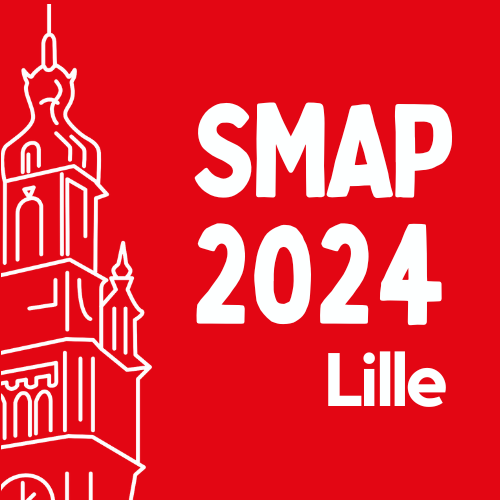
Session: Parallel session 9 - Complex mixtures - polymers - microplastics
Improve biomarker discovery: Enrichment-based workflows for plasma, serum and CSF allow rapid, in-depth analysis of large cohorts of samples
Introduction:
A case study of biomarker discovery in lung cancer using ENRICH-iST will be presented. In addition, a tailored protocol for cerebrospinal fluid (CSF) will be introduced, followed by an outlook on the future of ENRICH technology.
Methodology:
ENRICH technology enables efficient dynamic range compression by enriching low-abundance proteins in biofluid samples on non-functionalized paramagnetic microbeads. This step is followed by the iST-BCT protocol for protein denaturation, reduction, alkylation, digestion and peptide clean-up, before analysis by nLC-MS/MS in diaPASEF® (Bruker).
First, the ENRICH-iST kit was compared to the iST-BCT kit to prepare a clinical cohort of human plasma from lung cancer patients (n=10) for in-depth biomarker discovery.
Second, to address the challenge of low protein concentration in CSF samples, the ENRICH step was optimized by adjusting sample volumes from 20 µl to 200 µl.
Results:
ENRICH-iST enabled the identification of more than 1450 protein groups in lung cancer samples, a more than 2-fold increase compared to neat plasma. Statistical analysis showed a clear stratification between healthy donors and patients, and 16 additional proteins significantly regulated compared with neat plasma were identified as potential biomarkers, including S100A8 and S100A9, already known in the literature.
Given the low protein concentration of CSF (~0.1 mg/mL) compared to plasma/serum (~60-80 mg/mL), the ENRICH step was optimized to ensure successful compression of the dynamic range. Processing 200 µL of rat or human CSF resulted in the identification of ~2,300 protein groups.
Conclusion:
ENRICH technology is an automatable, high-throughput and efficient tool for a variety of scientific applications, including in-depth biomarker discovery from a wide range of biological fluids. The continuous striving for improvement has made it possible to overcome further limits in plasma proteomics, we conclude with new developments in ENRICH technology.